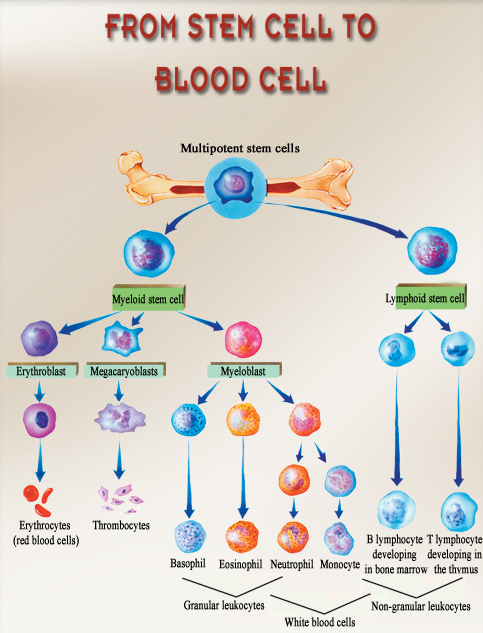 By Katherine Hobson
By Katherine Hobson
HIV Pill Disappointment: a study looking at whether high-risk women in Africa could take oral antiretroviral drugs prophylactically, to prevent rather than treat HIV infection, was stopped early because researchers can’t determine if there is any benefit, the WSJ reports. last year that strategy showed success in preventing infection in gay and bisexual men; researchers speculate that a lack of adherence or physiological differences between males and females might explain these latest findings.
Donor Dilemma: Living organ donors are sometimes considered by insurers to have a pre-existing condition, making it difficult or impossible to find affordable health coverage, Kaiser Health News reports. this, despite research showing that people who donate kidneys or other organs don’t seem to have higher rates of sickness or premature death.
Defining Disease: New Alzheimer’s diagnostic guidelines widen the definition of the disease to include its progression from early symptoms to end-stage severe dementia, the WSJ reports. New guidelines also emphasize the importance of biomarkers — proteins and substances in the blood or spinal fluid that indicate the presence of the disease before there are cognitive symptoms — though they aren’t yet ready to be widely used.
Pandemic Flu Pact: Under an agreement negotiated by the World Health Organization, vaccine makers will designate 10% of their pandemic flu production capacity for poorer countries, which will pay little or nothing for the vaccine, NPR’s Shots Blog reports. And those poorer nations have agreed to pass along to the WHO samples of mutating viruses so they can be monitored for characteristics that could make them particularly dangerous to public health, NPR says.